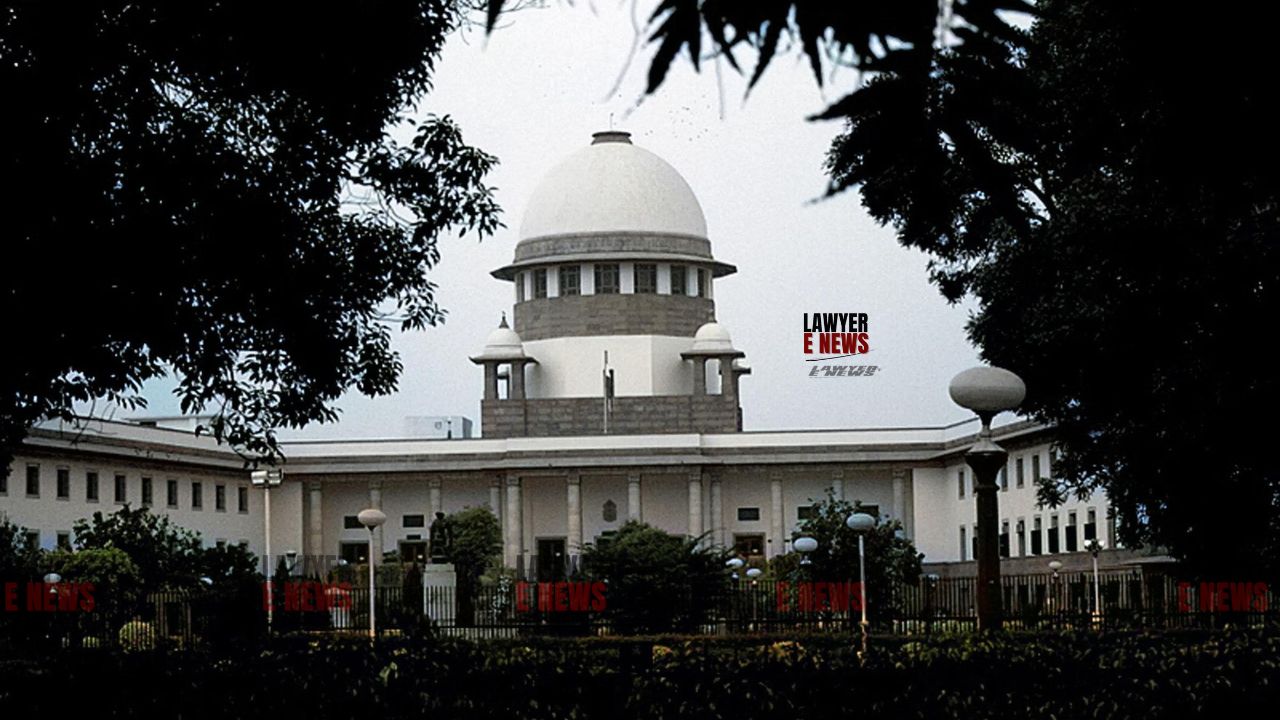-
by sayum
14 February 2026 2:22 PM



In a recent judgment, the Supreme Court set aside a Karnataka High Court decision that had reduced the compensation awarded to a motor accident victim by reassessing his disability. The bench, comprising Justices Sudhanshu Dhulia and R. Mahadevan, restored the original compensation determined by the Motor Accident Claims Tribunal (MACT), reaffirming the appellant’s disability at 25%. The Court emphasized that the reduction of the disability percentage by the High Court was unwarranted and lacked substantial reasoning.
The case originates from a motor accident that occurred on January 27, 2013, in which the appellant, Rahul, sustained severe injuries while riding as a pillion passenger. Following the accident, Rahul filed a claim seeking ₹20,00,000 in compensation for his injuries. The MACT awarded him ₹5,38,872, considering a 25% disability. Dissatisfied with the amount, the National Insurance Company Ltd., the insurer of the motorcycle, appealed to the High Court, which reduced the disability assessment to 20%, thereby decreasing the compensation to ₹4,74,072. Rahul then approached the Supreme Court, challenging this reduction.
The Supreme Court found the High Court’s decision to reduce the appellant’s disability percentage from 25% to 20% problematic. The bench noted that the High Court had not provided adequate justification for lowering the disability assessment, especially when the Tribunal's assessment was based on credible medical evidence. Justice R. Mahadevan, writing for the bench, stated, “The reduction of compensation was not required, particularly when there is no basis in support thereof.”
The appellant had sustained multiple fractures and underwent surgeries involving the implantation of plates and screws in both hands. The Tribunal had relied on a disability certificate provided by Dr. N.Y. Joshi, which estimated a 50% permanent disability. Despite the doctor’s testimony and the medical records substantiating the severity of injuries, the High Court re-evaluated the disability at 20%, citing a lack of direct examination of the doctor by the Tribunal. The Supreme Court disagreed with this reasoning, restoring the Tribunal’s original disability assessment of 25%.
The Supreme Court's judgment underscores the importance of adhering to established medical evidence in personal injury cases. The Court criticized the High Court's approach of altering the disability percentage without substantial justification, emphasizing that such adjustments should be supported by clear and compelling evidence. The bench stated, "When the Tribunal has determined the disability based on concrete evidence, any deviation must be well-founded and not arbitrary."
Justice Mahadevan remarked, “The High Court’s reduction of the appellant’s disability was not supported by any compelling evidence or rationale. The Tribunal's assessment, grounded in medical testimony, stands as the more reliable determination.”
The Supreme Court’s decision to restore the compensation awarded by the Tribunal reinforces the principle that judicial reassessments in injury claims must be grounded in solid evidence. This judgment is significant for future motor accident claims, as it highlights the necessity for courts to provide substantial reasoning when deviating from established medical assessments. The decision also serves as a reminder of the judiciary's role in ensuring fair compensation for victims of road accidents.
Date of Decision: 9th August, 2024
Rahul v. National Insurance Company Ltd. and another
